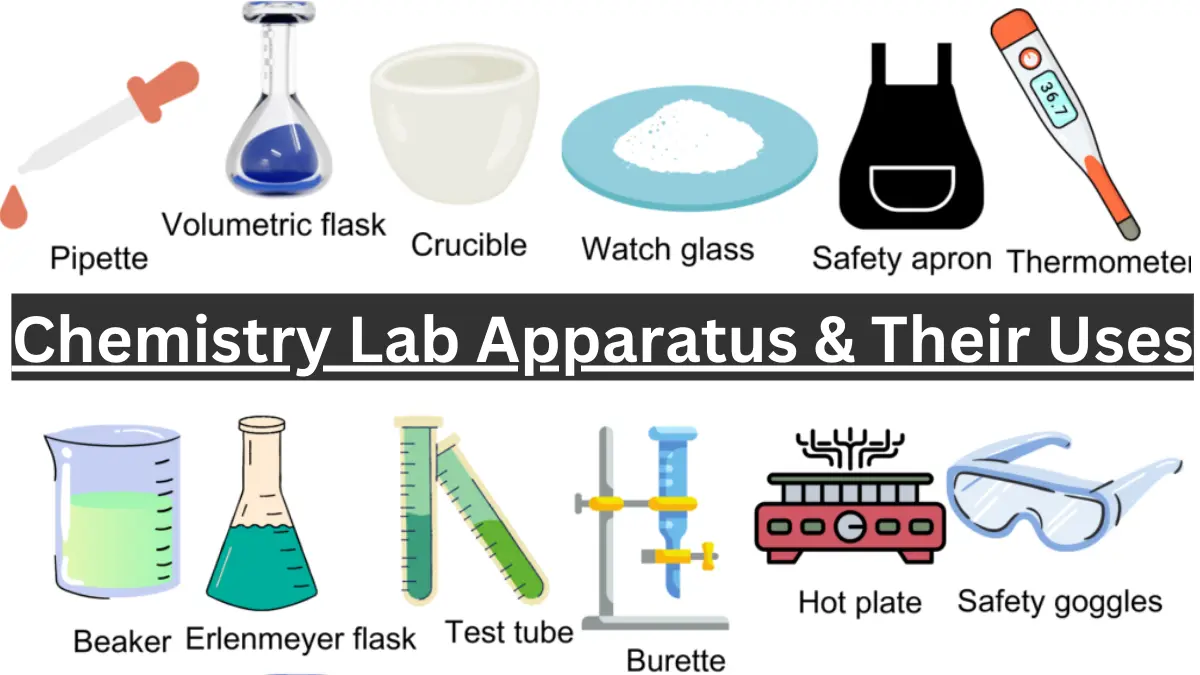Spectrophotometer: Principles, Working, Types, and Uses
Written By Adeel Abbas Definition A spectrophotometer is a scientific instrument used to measure the amount of light that a sample absorbs or transmits at different wavelengths. It is widely used in many fields of science, including chemistry, biochemistry, environmental science, and medicine. In this article, we will discuss the principles, working, types, and uses … Read more
